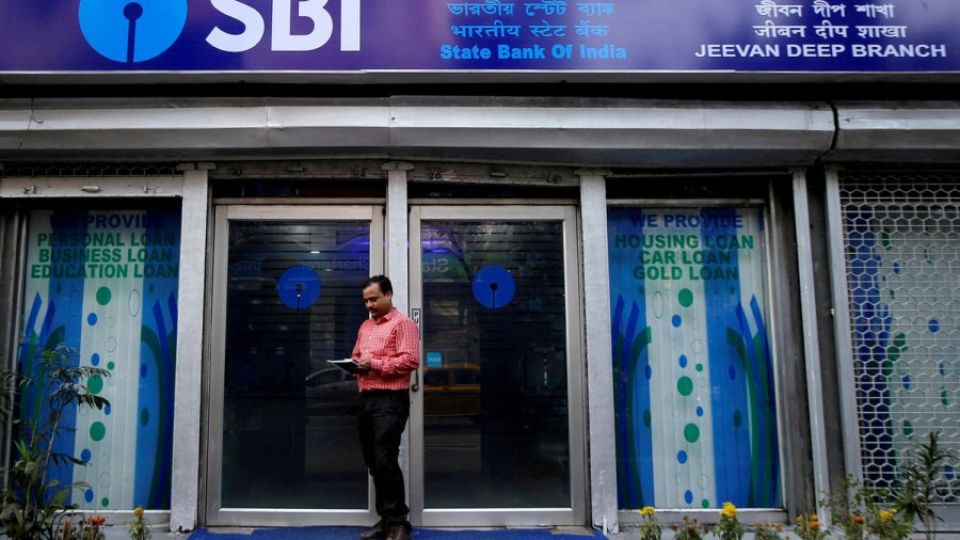February 9, 2023
NEW DELHI – India has blocked 232 apps operated by foreign entities, including many with Chinese links, a move that has raised some analysts’ questioning about whether the bans can be successfully implemented.
The move by India’s federal Ministry of Electronics and Information Technology on Sunday was on account of “national security concerns”.
These apps were being operated from offshore entities, and were posing a “threat to the economic stability of the country”, the officials alleged.
Of the 232 blocked apps, 138 are betting apps and 94 are loan lending apps that charge hefty interest rates on personal loans.
The IT ministry, however, did not clarify or confirm the details, including the names, of the blocked apps.
Indian analysts and experts are doubtful about the successful implementation of the app bans.
Following a border standoff, India has blocked access to more than 300 apps that have links with China since September 2020, citing them to be “prejudicial to the sovereignty and integrity of India, defense of India, security of the state and public order”.
Last year, the IT ministry banned 54 Chinese apps, which were supposedly posing a threat to India’s security. Following the ban, China’s foreign ministry had expressed concern about New Delhi’s move, calling it unfair and saying that the Chinese apps were not a security threat.
Concerns expressed
While Indian government officials said they are weighing their options, observers warn that business with China may not return to normal until trust is repaired. The apps that had been targeted earlier include WeChat, TikTok, Equalizer& Bass Booster, Tencent Xriver, Onmyoji Chess and Dual Space Lite.
India is one of the biggest international markets for Chinese apps. Sensor Tower, a company that provides market intelligence and analytics on mobile apps, said the TikTok app and WeChat messaging platform have garnered 4.9 billion downloads in India, including 750 million in 2020.
Manmohan Agarwal, honorary professor at New Delhi’s Institute for Studies in Industrial Development, said it is very difficult to predict whether India will be successful in completely banning such apps because another similar app may be developed quickly under a different name.
The reasons behind the latest ban can be many, ranging from national security interests to concerns related to data protection or geostrategic tensions.
It could be also because Indian domestic online gaming and digital lending industries may have complained about foreign apps, alleging that they were engaging in malpractices, such as predatory lending, said Arpita Mukherjee, a professor at the Indian Council for Research on International Economic Relations.
It is part of India’s geopolitical strategy and kind of a mind game, said Avijit Banerjee, head of the Department of Chinese Language and Culture at Visva-Bharati University in India’s West Bengal state.
Gopal Krishna Agarwal, spokesperson for India’s ruling Bharatiya Janata Party, said border disputes forced the Indian government to ban the apps, but the decision will not affect bilateral trade.


